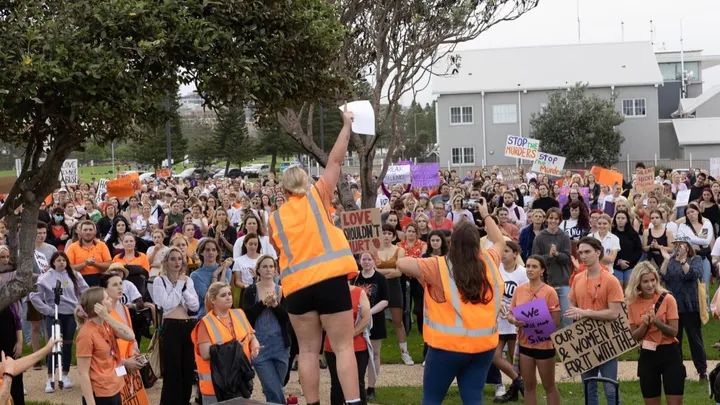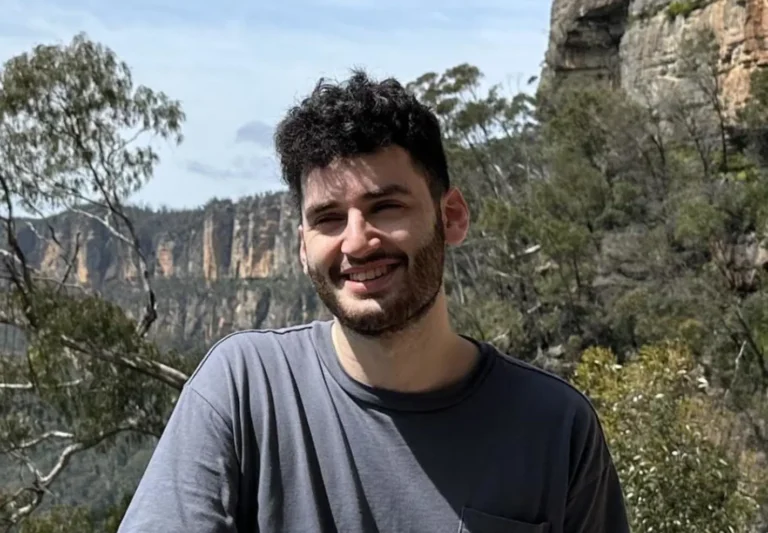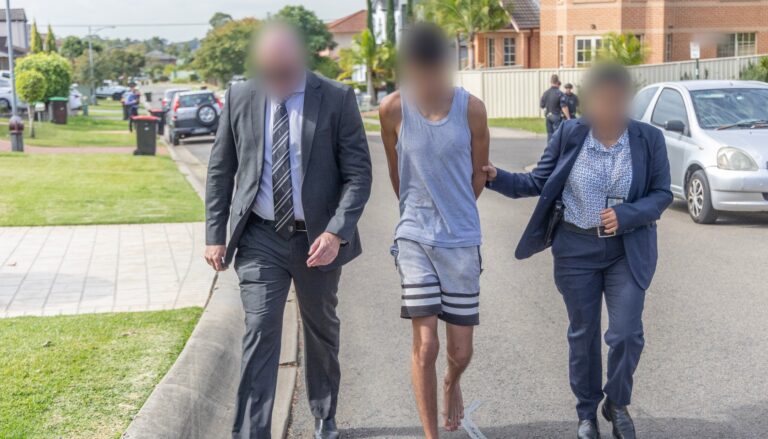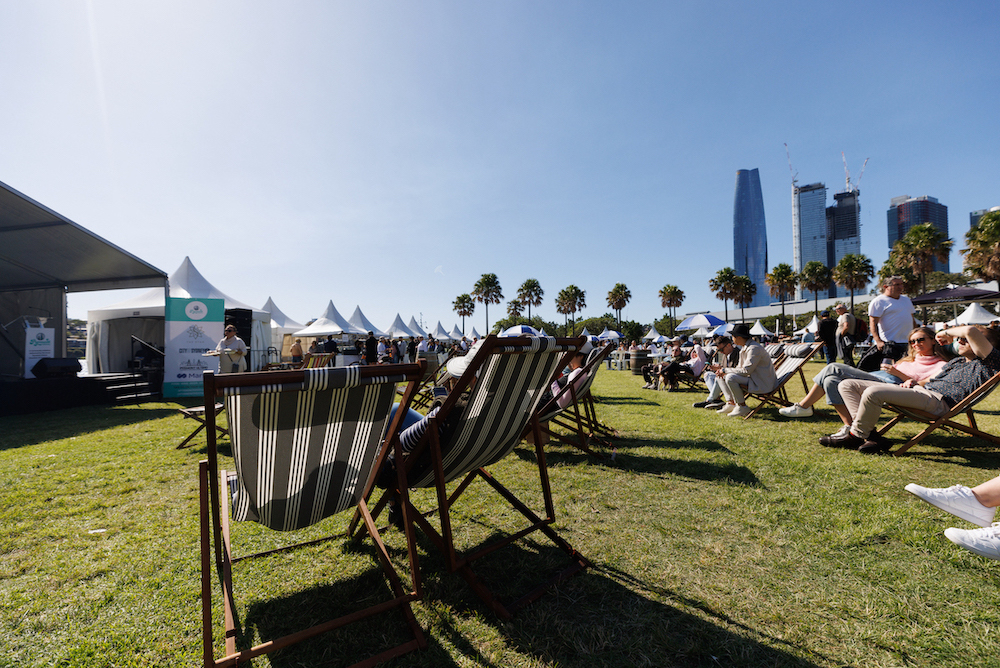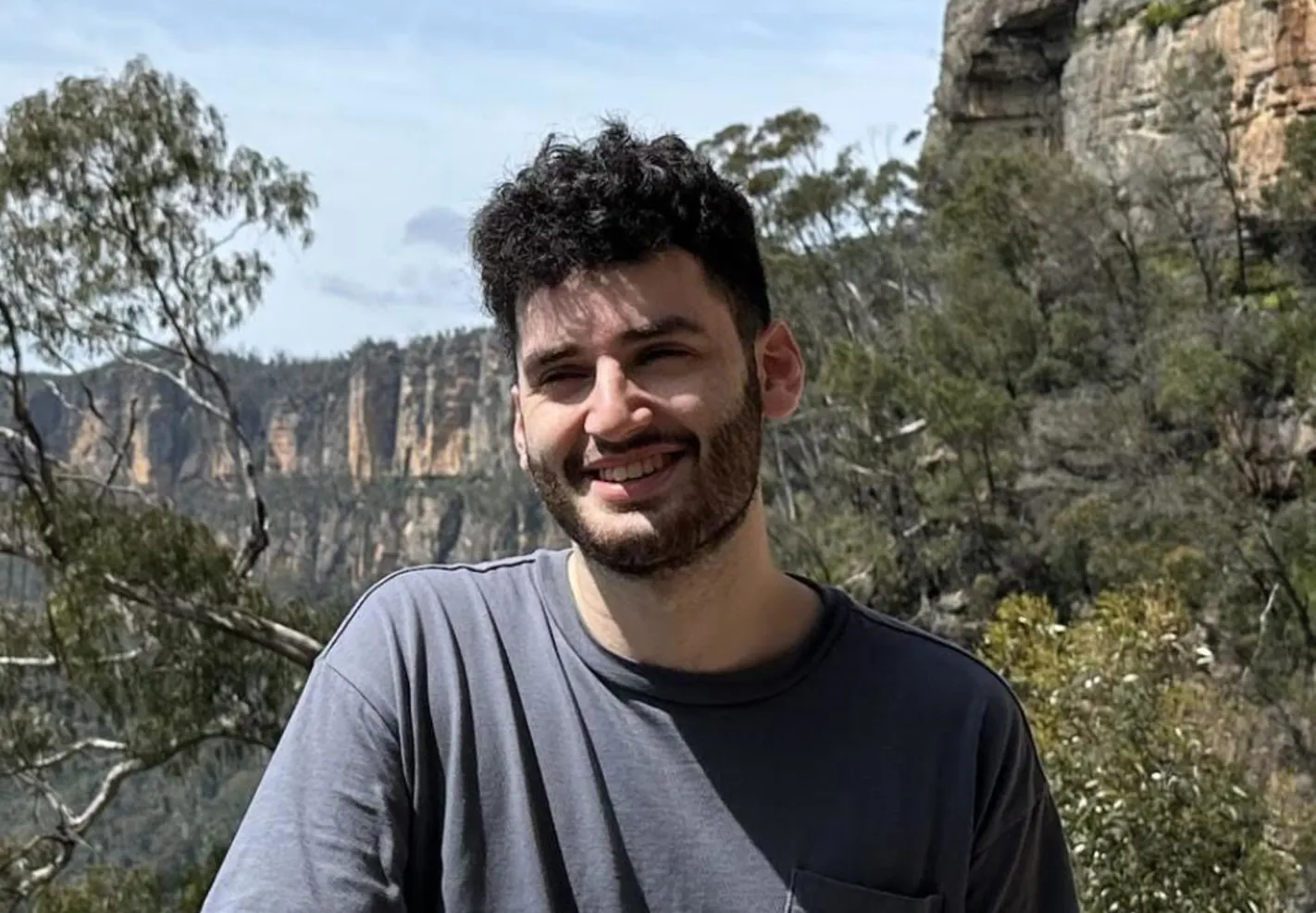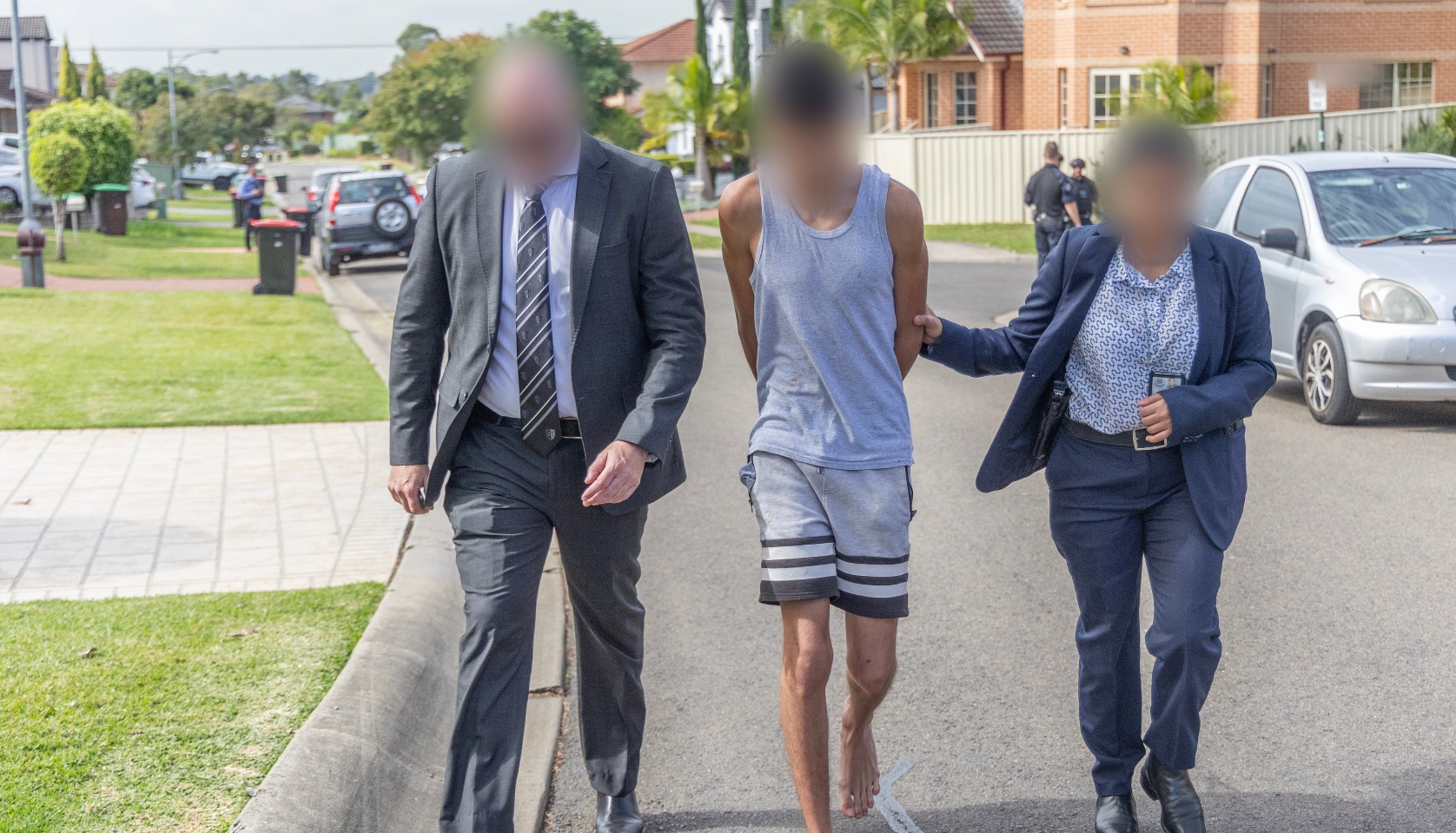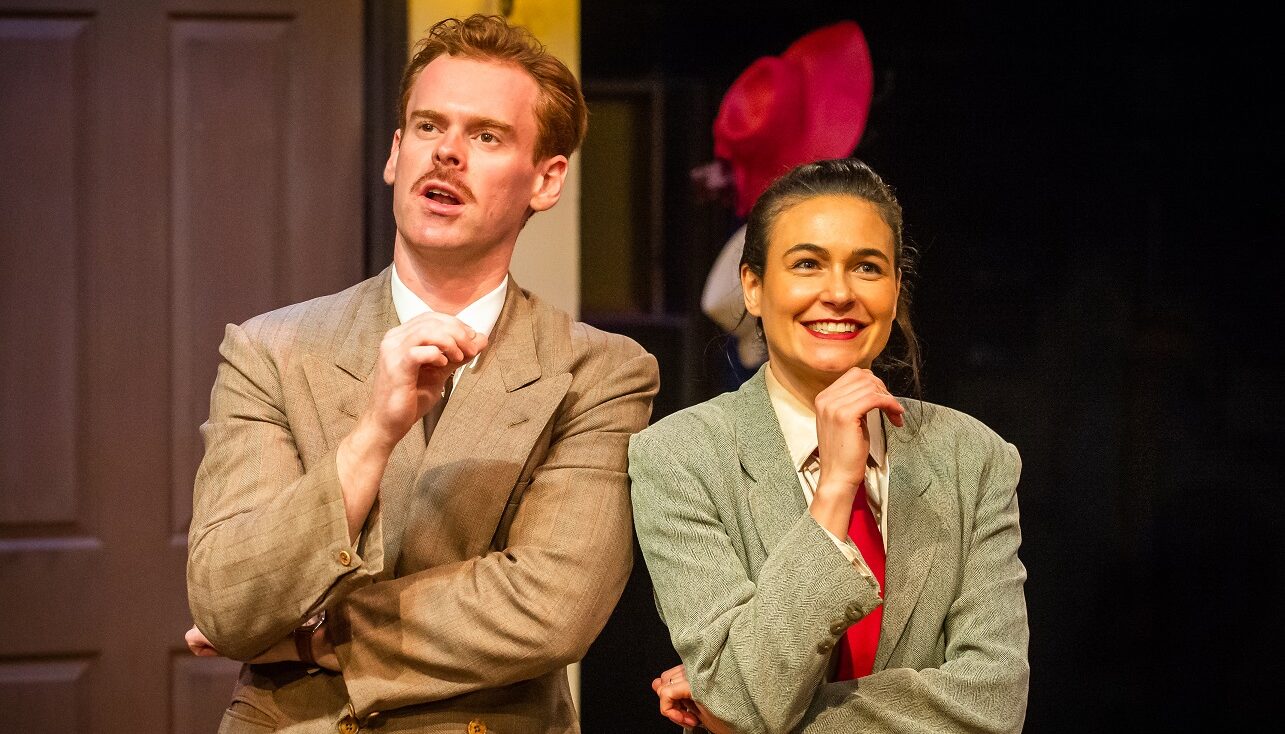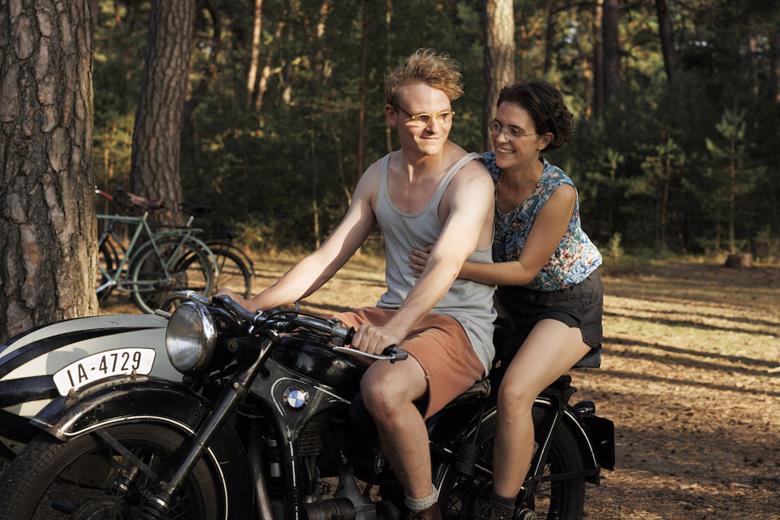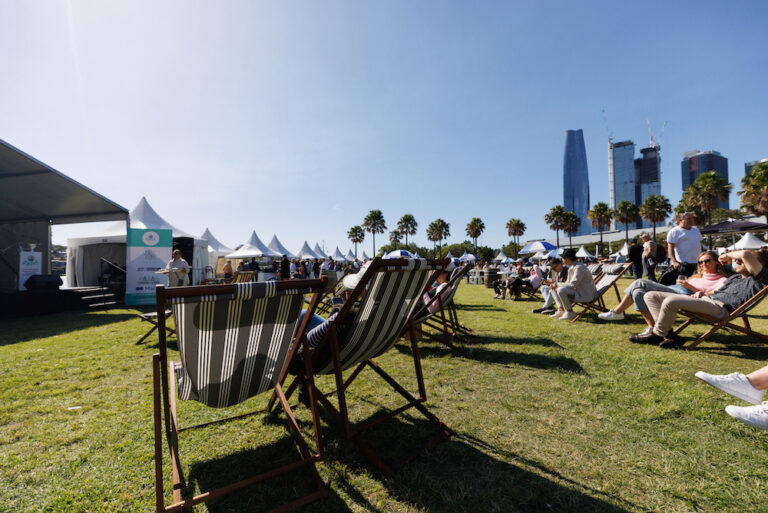
From Chasing Asylum to Building Business

There are currently estimated to be 60 million people displaced from their homes across the globe. That means roughly one in a hundred people are unable to call home, home. The most common reason for displacement is armed conflict, and for many of those they may never be able to go back home.
As Australia’s migrant and refugee communities continue to grow do we need to look at redefining the term “proud multi-cultural society”? City Hub spoke to some Australians who are seeking to demystify migrant cultures and refugee experiences and create a more accepting and cooperative society.
As the 2016 Human Rights Arts & Film Festival (HRAFF) illuminates Australian cinema screens this month, one highly anticipated documentary is shining a bright light where no camera has been before. Directed by Academy Award-winning filmmaker Eva Orner, the daring new film Chasing Asylum contains secret footage of Australia’s controversial offshore detention centres. The documentary chronicles the extraordinary lengths to which consecutive Australian Governments have gone in order to deter people from seeking asylum in Australia, and the concurrent policies of secrecy that undermine media scrutiny.
As an Australian living abroad, Orner describes her frustration with Australia’s policy stance towards people seeking asylum. Speaking to City Hub, she said: “I stayed up all night and cheered and popped the champagne when Kevin Rudd was elected in 2007 and the camps were closed – and then reeled in horror when they were reopened by the same Government.”
“In 2013 when Abbott was elected and the boat tow-backs started, the rhetoric started getting worse and worse. I was surprised and disappointed to hear friends from back home – smart, educated people – using terms like ‘illegal asylum seekers’ and ‘queue-jumpers’. I was also very aware and outraged by the policy of secrecy that has shrouded detention, and particularly offshore detention, for the last decade and a half. So, being the bolshie kind of person that I am, I felt that we really needed to do something about that.”
Australia spends $1.2 billion per year running the detention centres on Manus Island and Nauru, an average cost of $500,000 per asylum seeker per year. Beyond monetary costs, the documentary outlines the significant human costs that Australia’s offshore detention practices have incurred, including self-harm, mental illness, sexual assault, self-immolation and death.
“Only a handful of politicians over the years have been to Manus or Nauru,” said Orner. “Shorten and Turnbull have never been. They are spending 1.2 billion dollars of taxpayers’ money and telling us not to be ‘misty-eyed’ when someone self-immolates in a place that we are paying for and sending them to.”
Orner describes Chasing Asylum as a non-didactic, bipartisan film. “It doesn’t yell at you,” she explained. “It’s a slow build. It makes you cry but it’s not an emotional[ly] manipulative film – it’s just the facts laid out. I hope that when people see the film, it will make them stop and think about this, and stop using erroneous terms like ‘illegal asylum seeker’.”
Orner fears that this negative political rhetoric has created a social stigma that refugees and people seeking asylum on our shores, are likely to become a burden to the Australian economy – a burden that we cannot shoulder.
Flying in the face of that stigma, the organisers of Street Food Markets – a monthly refugee start-up initiative in Marrickville – argue that many refugees in fact bring rich entrepreneurial potential to the Australian economy.
Presented by the NSW Service for the Treatment and Rehabilitation of Torture and Trauma Survivors (STARTTS), Addison Road Community Centre Organisation (ARCCO), and refugee entrepreneurship program Ignite, the popular street food market features vendors from a range of cultural backgrounds. In an overwhelming show of community support, the inaugural market on the last Saturday of April attracted more than 6,000 customers.
Many of the vendors are graduates of the Ignite program. Ignite Enterprise Facilitator, Dina Petrakis explained: “A lot of the refugees who come to Australia are very entrepreneurial. We form a team around the entrepreneur because we understand that when they arrive here, they encounter many challenges: they often can’t speak English, they can’t use the transport system, they don’t understand Australian markets, and they don’t understand the extremely regulated Australian business environment. Even if they had successful businesses back home, they face a whole new set of challenges here.”
“We work with the passion of the entrepreneur – whether they are chefs, craftspeople, tailors, photographers or artists. We work with their passion and [for] what they lack in terms of marketing and accounting skills, we find people who can help them with that knowledge gap. I have been absolutely humbled by the generosity and good will of the Sydneysiders who have offered their expertise, their skills, their time, and their mentoring to assist our newly arrived refugees [to] start their businesses.”
“I see people who have been in Australia for as little as three weeks and for many, we know that they will have a challenge with English. But looking at our migrant past – for example the Greeks, Italians, Vietnamese or Chinese – they also didn’t have language but it didn’t stop them from having a really viable business.”
Australian Bureau of Statistics data for 2009-2010 reveals that migrants who arrived as refugees reported the highest proportion of their incomes “from their own unincorporated businesses”. This income grew with the length of time they spent in Australia, and “increased sharply” after five years of residency.
Petrakis added: “Because we work with newly arrived refugees that makes our program quite unique in the world. A lot of people might think: why would you bother if they’ve just arrived? You bother because they’ve got so much hope, so much passion, so much positivity, so much good will – you want to tap into that, to make sure that it’s utilised as they are resettling.”
ARCCO Cultural Coordinator Juan Carlos Rios insists that money is only one small part of the motivation for the participants in the Street Food Market, saying: “The food stallholders are here not only for the profits they can make – but also to share their cultures.”
The simple act of sharing cultural activities can be the perfect catalyst to creating greater social change, according to Rachel Bangoura, an organizer and choreographer behind Afro Kidz – a dynamic youth dance troupe of young African Australians.
“I think [performing at public events is] creating a visual presence of the culture which I think is really important,” said Rachel. “[Feedback] we usually get from people is they look so happy when they’re performing…the music and the dance form is really free and alive and happy.”
Rehearsing weekly and performing at least once a month, Afro Kidz allows children and teens with a shared cultural heritage to connect with their roots. It’s also an outlet for the wider Australian community to connect with this growing part of our society – “as more African refugees come now, their children are African Australian,” Rachel explained.
“The more we can embrace [cultural differences] the better, and the more that kids can see difference as normal [the better]. I think it’s really important for people, but particularly children in this day and age, to learn that there’s other cultures out there, they may dress differently, they do think differently, they express themselves in different ways, and it’s really important for kids to see that…it’s all about learning to accept other cultures, to see that there’s difference out there.”
Human Rights Arts & Film Festival (HRAFF)
May 24-28. Dendy Cinema Newtown, 261-263 King St, Newtown. Single Tickets $20 or 6 Film Pass $84. Tickets & Info: http://2016.hraff.org.au/program/#city=sydney
Chasing Asylum – Q&A Screening
May 22. Randwick Ritz, 45 St Pauls St, Randwick. $20. Tickets & Info: http://www.ritzcinema.com.au
Street Food Markets
May 21, 4-9pm. Addison Road Community Centre, 142 Addison Rd, Marrickville. Info: http://www.arcco.org.au/whats-on/street-food-markets/
Afro Kidz
To find out more about Afro Kidz go to drumanddancesydney.com/the-afro-kidz/ or find them on Facebook.
